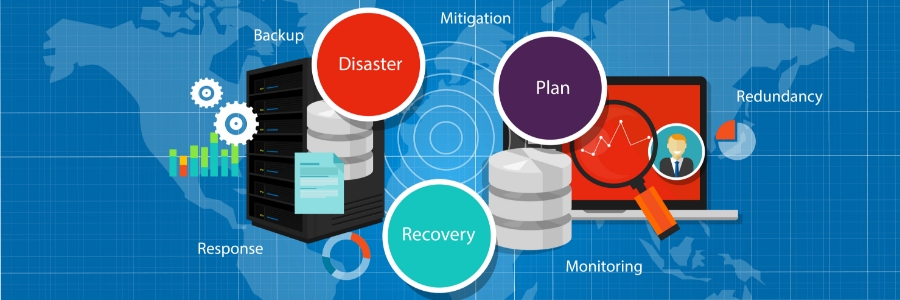Despite its widespread adoption, cloud computing is still surrounded by some misconceptions and myths that may prevent business owners from fully embracing its potential. In this blog article, we will debunk the top cloud computing myths and shed light on the realities, enabling business owners to make informed decisions about their cloud strategies.
Busting cloud computing myths: Separating fact from fiction
The ultimate guide to reducing cloud expenses

While cloud services offer unmatched scalability and flexibility, they can also lead to unforeseen expenses if they’re not managed efficiently. For business owners seeking to maximize their ROI, keeping cloud costs down is essential. In this blog post, we will explore some proven strategies to help businesses optimize their cloud spending without compromising on performance or security.
Cloud service models: Which one is right for your business?

If you're in the market for cloud services, you've probably already realized that there is no one-size-fits-all cloud solution for businesses. Every organization has unique needs and requirements. To identify the best cloud service model for your business, it's important to understand the different types of cloud-based services and what features are crucial to your operations.
When to use Groups, Teams, and Yammer

In the digital age, businesses and organizations have a variety of collaboration tools at their disposal. With so many options available, it can be challenging to determine which tool is best suited for specific tasks and goals. Three commonly used tools in the Microsoft ecosystem are Groups, Teams, and Yammer.
Exploring the advantages of cloud-based ERP systems
How to successfully migrate your unified communications to the cloud
Debunking the 3 biggest myths about disaster recovery
The advantages of using a cloud-based OMS
What your business needs to know about Microsoft Exchange Online

Email server platforms help businesses keep track of communications, schedule appointments and meetings, and manage tasks. These platforms are typically hosted on premises, but businesses are increasingly using cloud-based versions of email servers. Microsoft Exchange Online is one of these cloud-based options, and it offers some distinct advantages for businesses.
How to protect your business from hurricanes

In 2021, the United States experienced one of the most active storm seasons on record, upsetting businesses already dealing with a pandemic. For companies without a good disaster recovery plan, the consequences were devastating. This is why your business should have a hurricane disaster recovery plan.




